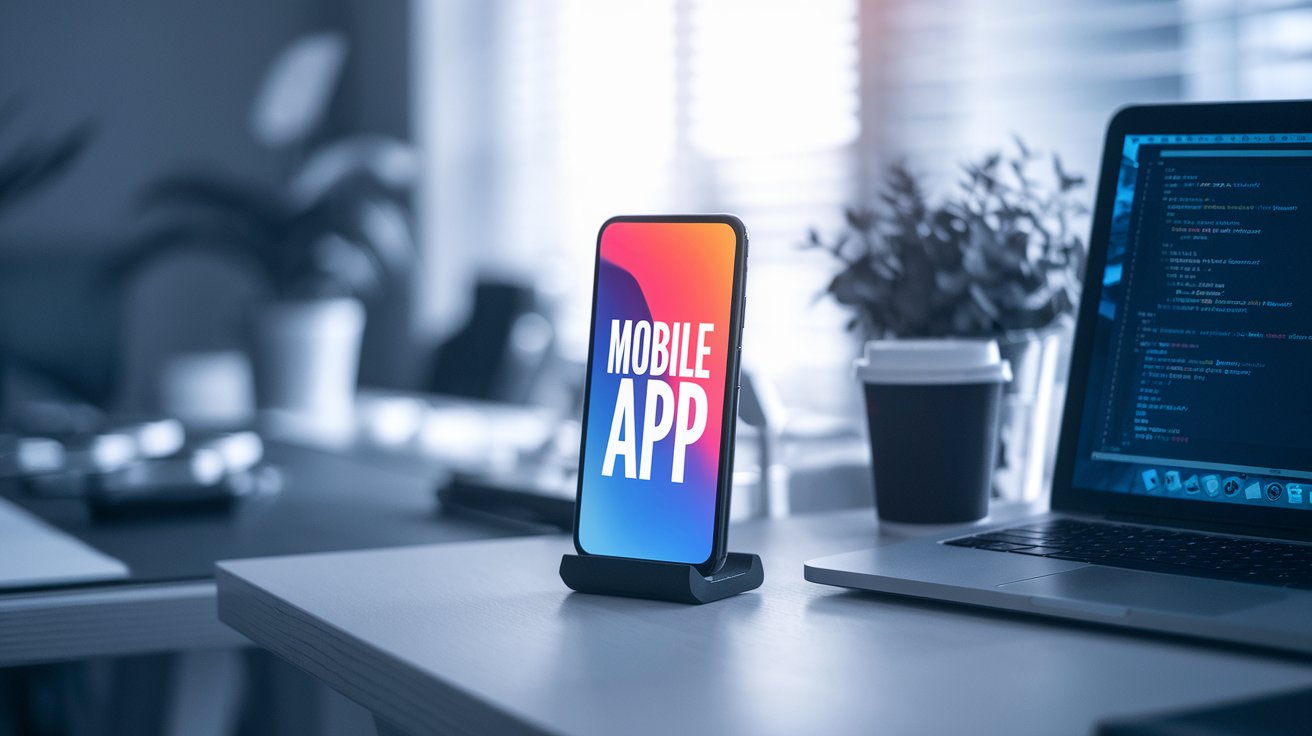Over the last decade, mobile apps have become an essential part of our daily lives. From staying connected to managing finances, smartphone apps now perform a wide range of functions, altering how we interact with the world. Whether you are a business owner, a developer, or a user, the rise of mobile apps has affected everyone. Let's look at how these apps have progressed and what the future holds.

The Early Days: From Feature Phones to Smartphones
In the early 2000s, mobile phones were largely used for making calls and messaging. Feature phones dominated the market, with apps confined to basic functions such as calculators, clocks, and calendars. With the introduction of smartphones such as the iPhone in 2007, the app ecosystem began to explode. Apple's App Store and Google Play Store provided platforms for developers to create, distribute, and sell their programs.
This transformation not only facilitated the expansion of the mobile app business, but also resulted in the creation of strong, multi-functional apps that began to supplant conventional software. Apps like Facebook, Instagram, and WhatsApp altered the way we communicate and exchange information.
Mobile Apps in Everyday Life
Today, mobile apps are essential to our personal and professional lives. Whether it’s banking, fitness tracking, e-commerce, or learning, mobile apps serve a wide array of purposes:
- Social Media: Apps like Instagram, TikTok, and Twitter keep us connected and informed.
- Productivity: Tools like Google Drive, Evernote, and Trello help with task management, collaboration, and content creation.
- Entertainment: Streaming services like Netflix and Spotify deliver on-demand content tailored to our preferences.
- Health: Fitness apps like MyFitnessPal and Strava track activity, help with nutrition, and monitor health metrics.
- E-Commerce: Shopping apps like Amazon, eBay, and Shopify have revolutionized the retail industry.
These apps not only improve our efficiency but also provide new opportunities for businesses to connect with customers in a more personal and accessible way.
The Future of Mobile Apps: Innovation on the Horizon
As technology continues to advance, the future of mobile apps looks even more promising. Here are a few trends that are expected to shape the next generation of apps:
- Augmented Reality (AR) and Virtual Reality (VR): With companies like Apple and Google investing in AR technology, mobile apps are becoming more immersive. From gaming to virtual shopping experiences, AR and VR will play a huge role in how we interact with mobile devices.
- Artificial Intelligence (AI): AI-powered mobile apps are improving user experiences by offering personalized recommendations, automating tasks, and enhancing accessibility. For instance, voice assistants like Siri and Google Assistant already leverage AI to perform tasks hands-free, and we can expect even smarter features in the future.
- 5G Technology: With the rollout of 5G networks, mobile apps will become faster, more reliable, and capable of handling higher data loads. This will allow developers to create more sophisticated, high-performance apps, including those focused on streaming and gaming.
- Mobile App Security: As data breaches become more common, developers will need to focus on stronger security measures. Apps that provide better encryption, two-factor authentication, and secure payment methods will be crucial in protecting users' privacy.
- Internet of Things (IoT): Mobile apps will continue to integrate with IoT devices, making it easier to control everything from smart homes to wearable tech. Imagine being able to control your thermostat, lights, or refrigerator directly from your phone.
Why Mobile Apps Matter
Mobile apps are no longer just a convenience; they are essential. They increase productivity, boost our entertainment experiences, and improve our ability to communicate with others. In an increasingly mobile-first world, having a mobile app is crucial for businesses to remain competitive and relevant.
Users benefit from the ease and accessibility that applications give. Whether you're scheduling a taxi, ordering meals, or monitoring your health, your smartphone app is the key to a more efficient, connected existence.
The rise of mobile apps has changed the way we live, work, and communicate with technology. As time passes, mobile apps will evolve and become more intertwined into all aspects of our digital life. Adaptability and creativity will be critical for success in this market. Developers who anticipate user wants and provide seamless, intuitive experiences will shape the future of mobile technology.
